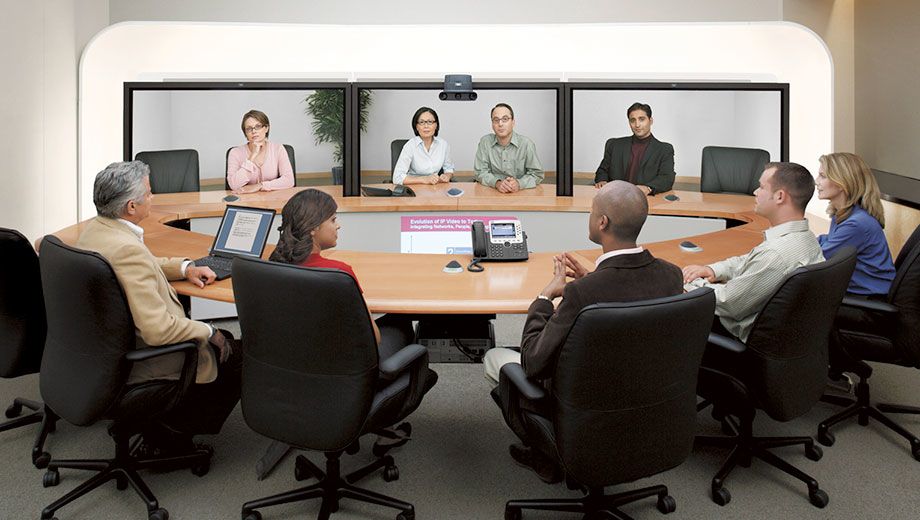Real life proves to be the best type of "video conference"

When access to air travel was put under a cloud recently -- literally -- by the Chilean and Icelandic volcanos, business travellers everywhere were forced to think laterally.
A total grounding of flights on many routes meant thousands of people who would have otherwise been negotiating and collaborating in person were forced to turn to Skype video chat, phone calls and email as the only ways to keep projects and deals rolling.
But even in the absence of the dreaded ash cloud, up to three quarters of companies are looking at reducing their travel budget by replacing interstate or international meetings with online ones, according to Harvard Business Review.
The question is: can business be done as effectively without them?
Many researchers think not.
Two American academics, Carlos Ferran and Stephanie Watts, found that participants in video conferences face a higher cognitive load in monitoring multiple video screens, working with odd angles of eye contact, and interpreting facial cues in a 2D TV image.
People participating in the study also said that they tended to be distracted by things about speakers in a video conference, rather than absorbing what they were saying.
Another large study by Harvard Business Review of 2,300 executives in the US also found that they felt that face-to-face meetings were essential to doing business.
"Technology serves as an effective supplement, but face-to face communication is the broadest bandwidth communication you can have in professional life, helping to cement long-term relationships and drive business growth," said Harvard Business Review editor Angela Herrin.
Adam Galinsky, a professor at Kellogg School of Management, says his research showed that the key to the effectiveness of electronic communication is how well established a business relationship already is.
"When unacquainted individuals enter into a negotiation, the use of richer communication media allows negotiators to see and hear each other helps to establish rapport."
"Nonverbal cues, such as tone of voice, facial expression and gesture, allow these communicators to learn more about the other side and to develop enough trust to share and integrate information."
Galinsky says once two parties trust each other, and have a shared history, electronic communication can work well.
What do you think? Can internet-based forms of communication replace real face-to-face meetings?

Hi Guest, join in the discussion on Real life proves to be the best type of "video conference"